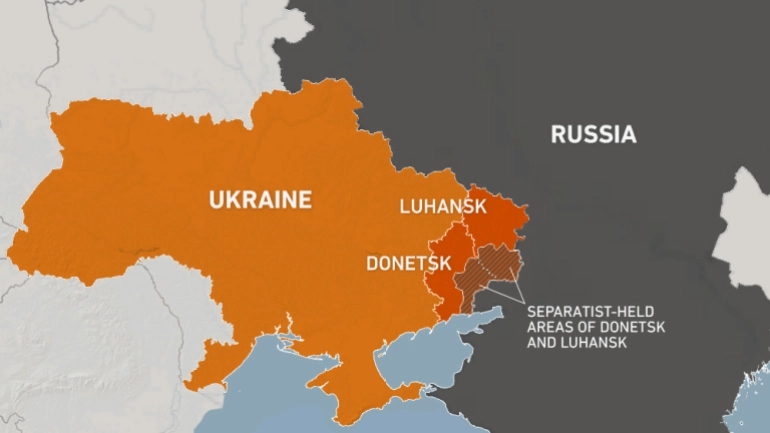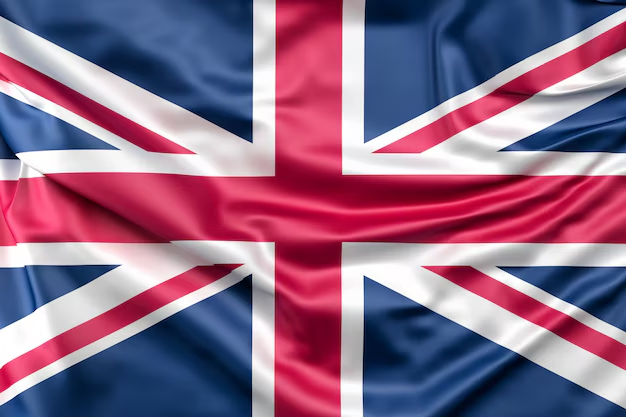
Ukraine has been on mouths of everyone in the recent days due to the seemingly escalating reluctance towards the possibility of them joining NATO. Currently, Russia has amounted more than 100.000 troops at the border with Ukraine, resulting in increased tensions surrounding the region. Multiple international decision-makers have addressed this issue, with Russian President Vladimir Putin meeting with the NATO representatives in Geneva recently.
The crisis may be downplayed to the increased possibility of Ukraine joining the NATO, the idea of which is condemned by the Russian politics. Sergyei A. Ryabkov, Russia’s lead negotiator during the talks in Geneva, has insisted that it is of utmost importance that Ukraine “never, never, never” joins NATO and that it is absolutely compulsory for the negotiations to turn out fruitful. On the other hand, the side of NATO represented by the American counterpart to Mr. Ryabkov, Wendy Sherman, the deputy Secretary of State, underlined that there would no circumstances under which the NATO close door policy would be slam closed. To emphasize, she insisted that the USA and other NATO allies would not allow for Russia to attempt to fix the international borders to their liking.
Despite such turmoil and more than 100.000 soldiers awaiting orders at the Ukrainian border, the negotiations turned out relatively optimistic in view of the potential armed conflict. Russian authorities maintain that no invasion is in plans and the NATO side praises the professional and concrete tone of the other side. Both sides decide to maintain the strong support to settling the conflict in Ukraine by diplomatic and peaceful tools, committing to the respectful manners towards the opposing sides of the conflict. Joe Biden, the American President, denied the possibility of launching a military response to the conflict, however noted that the economic sanctions to be imposed on the Russian side would be drastically more severe in contrast to the ones imposed on Russia following the annexation of the Crimea region.
The other international decision makers, namely the High Representative of the European Union for Foreign Affairs and Security Policy (CFSP) Joseph Borell, flew to Ukraine recently in order to show support to Ukraine in view of the recent crisis and keep the hopes up of the Kiev administration. The European Union underlines the necessity of having states such as Ukraine on good terms and views the state as a strategic partner to the EU, which is exemplified by the Association Agreement of 2014, following the Crimea crisis. Borell, in response to the crisis, emphasized that the European Union cannot stand still and be a mere spectator in issues such crucial to the security in Europe and within the European Union region. Moreover, he believes that should Russia be willing to discuss the Europe’s and EU’s state security, the representation of the EU itself should be an active decision maker in such instances.
Despite the initially more direct and fearful comments from both sides, the situation appears to be remaining at a standstill, a peaceful standstill, nonetheless. The NATO vision for the resolution of this conflict, in Sherman’s view, is that no decision about Ukraine would be made without Ukraine, similarly to the broader picture of the whole Europe. With views divided in Ukraine in regard to who to side with, such approach from the NATO representatives may be regarded as a leading question to the victim – indirectly forcing Ukraine to (in)voluntarily choose to join NATO. Such approach is condemned by the Russian representatives, who are “fed up” with false promises and wish to hear clear, legally binding instructions, while simultaneously preventing Ukraine from joining the organization.
With such claims coming from both sided, Ukraine and its security is jeopardized. With the events of the Cold War, the II World War or more recently the Crimea Crisis, it is clear and apparent that the approach towards resolving this issue is by no means an easy and vivid one. Nonetheless, policymakers should bear in mind not only the interests of the parties involved in the conflict directly, but the involuntary victims as well.
Reference list:
Relations with Russia. NATO. Available at: https://www.nato.int/cps/en/natolive/topics_50090.htm
NATO-Russia Talks Set on Moscow’s Ukraine Border Troop Buildup. VOA News. Accessed on 12/01/22. Available at: https://www.voanews.com/a/nato-head-schedules-special-meeting-with-russia-amid-ukraine-crisis-/6381080.html
Russia digs in on Ukraine never joining NATO, on a day of talks with the U.S. NPR. Accessed on 12/01/22. Available at: https://www.npr.org/2022/01/10/1071880010/russia-us-ukraine-nato-join?t=1642088855373
In Talks on Ukraine, U.S. and Russia Deadlock Over NATO Expansion. The New York Times. Accessed on 12/01/22. Available at: https://www.nytimes.com/2022/01/10/world/europe/russia-us-ukraine-talks.html
Russia-U.S. talks hit impasse over NATO expansion as Moscow denies plans to invade Ukraine. The Washington Post. Accessed on 12/01/22. Available at: https://www.washingtonpost.com/world/2022/01/10/us-russia-delegations-meet-geneva/
By The European Institute for International Law and International Relations.














